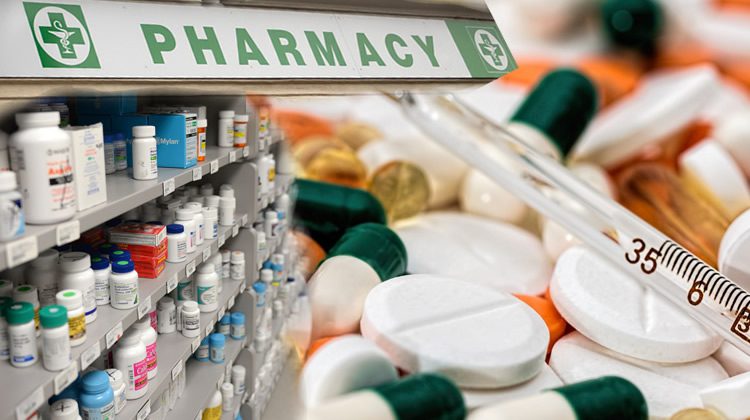The Pharmaceutical Manufacturers Group of the Manufacturers Association of Nigeria expressed concern about the high import duty and operational costs in the country.
The group stated that the high cost of medication is influenced by customs duty, production costs, and inflation.
PMGMAN is a subgroup of MAN and represents all pharmaceutical and related product manufacturers in Nigeria.
In an interview with Saturday PUNCH, Chairman of PMGMAN, Oluwatosin Jolayemi, expressed worry about the increasing cost of drugs in the country.
Jolayemi pointed out that the PMGMAN is indeed concerned about the rising costs, especially due to the new customs regulations and currency devaluation.
He explained that new customs regulations and discretionary use of HS-Code are adding to the industry's challenges.
Jolayemi highlighted the battles faced by the industry, including currency uncertainty, duty discrepancies, and high operational costs such as power, all of which lead to increased production and medication expenses.
Jolayemi emphasized that the devaluation of the naira is eroding operation funds.
He noted that the pharmaceutical industry is not the only one grappling with these challenges, as all manufacturing sectors importing raw materials and packaging face similar issues. He also emphasized the importance of maintaining product quality.
He explained that companies might decide to discontinue certain brands and prioritize others due to high import costs, leading to instability in product pricing and a decrease in credit sales.
To address the issues, the PMGMAN chair suggested that the Federal Government consider providing a 40% rebate on calculated duty to alleviate import costs.
He also proposed the establishment of a revolving fund at single-digit interest rates to support industry funding and prevent stock shortages.
Additionally, he called for the government to recognize pharmaceutical manufacturing as a security concern and stressed the importance of prioritizing the health and pharmaceutical sectors to ensure a healthy and prosperous nation.
“Medicines are very important for ensuring a good quality of life in our nation. Therefore, I believe medicine should be a top priority for national security. The government should collaborate with the pharmaceutical industry and address any issues they may have, as they lack expertise in manufacturing and understanding the manufacturers' challenges.
“If they continue to discuss and seek solutions for manufacturers without involving them, it will be a pointless effort,” he said.
Jolayemi also mentioned the need for strong political determination to enhance medicine security in the country.
“Unless we start prioritizing medication production as a nation, we will keep repeating the same issues without reaching a satisfactory conclusion,” he said.



